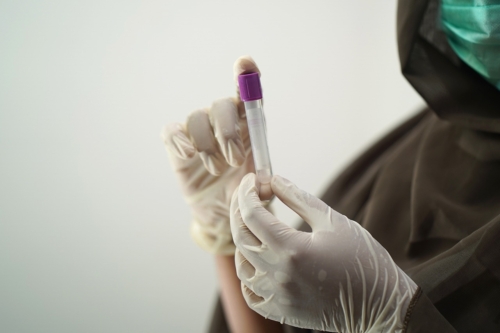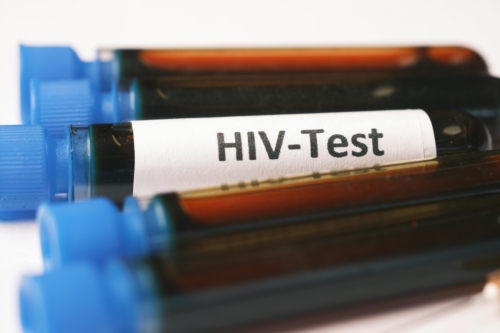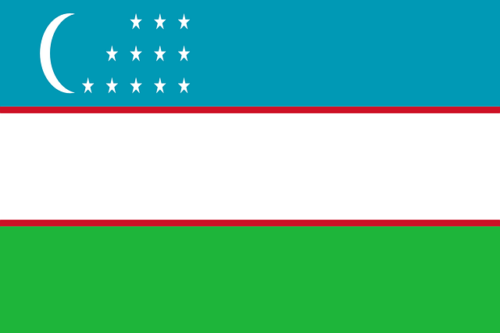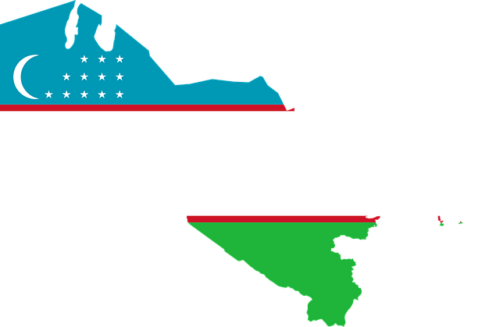
A court in Yangiyul, Tashkent region, reviewed a prosecutor’s request to impose house arrest on a defendant accused of violating Article 113, Part 4 of the Criminal Code of Uzbekistan. The defendant, who had been diagnosed with HIV and placed under medical supervision since June 2024, had been officially warned about the legal consequences of exposing others to potential infection without disclosure. However, between June and September 2024, the defendant allegedly engaged in unprotected relations without informing the other party of their HIV status, thereby putting them at risk.
During the closed court session, the prosecutor argued that the defendant had committed a serious offense punishable by five to eight years of imprisonment and that house arrest was necessary to prevent the possibility of evading justice or interfering with the investigation. The defense did not object to the request.
After reviewing the case materials and hearing both parties, the court ruled in favor of the prosecutor’s petition, ordering the defendant to be placed under house arrest. The ruling prohibits the defendant from communicating with individuals involved in the case, sending or receiving correspondence, using communication devices, or leaving their residence. The decision aims to ensure compliance with legal procedures while considering the defendant’s health condition and permanent residence. The ruling may be appealed within 72 hours.



